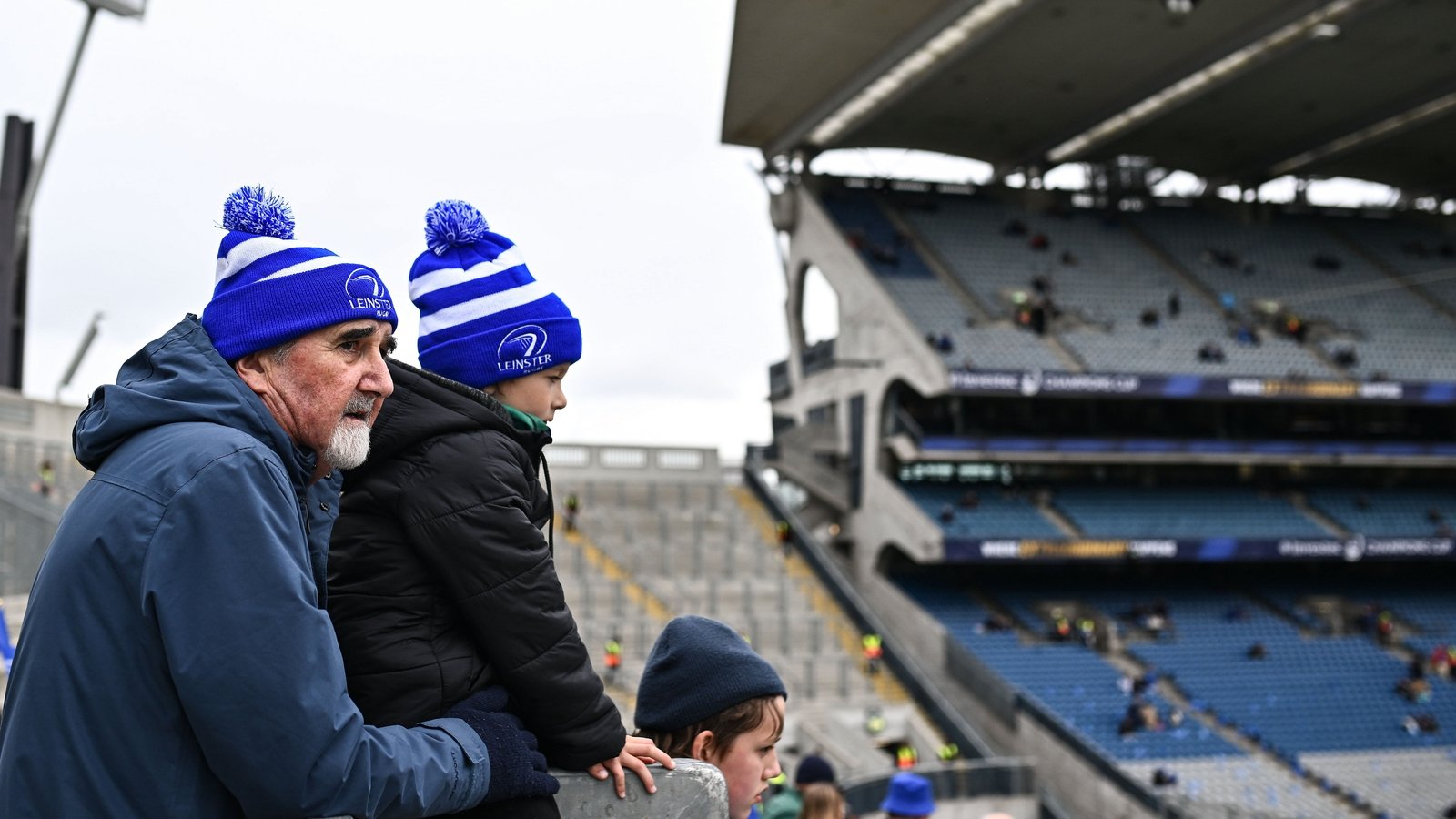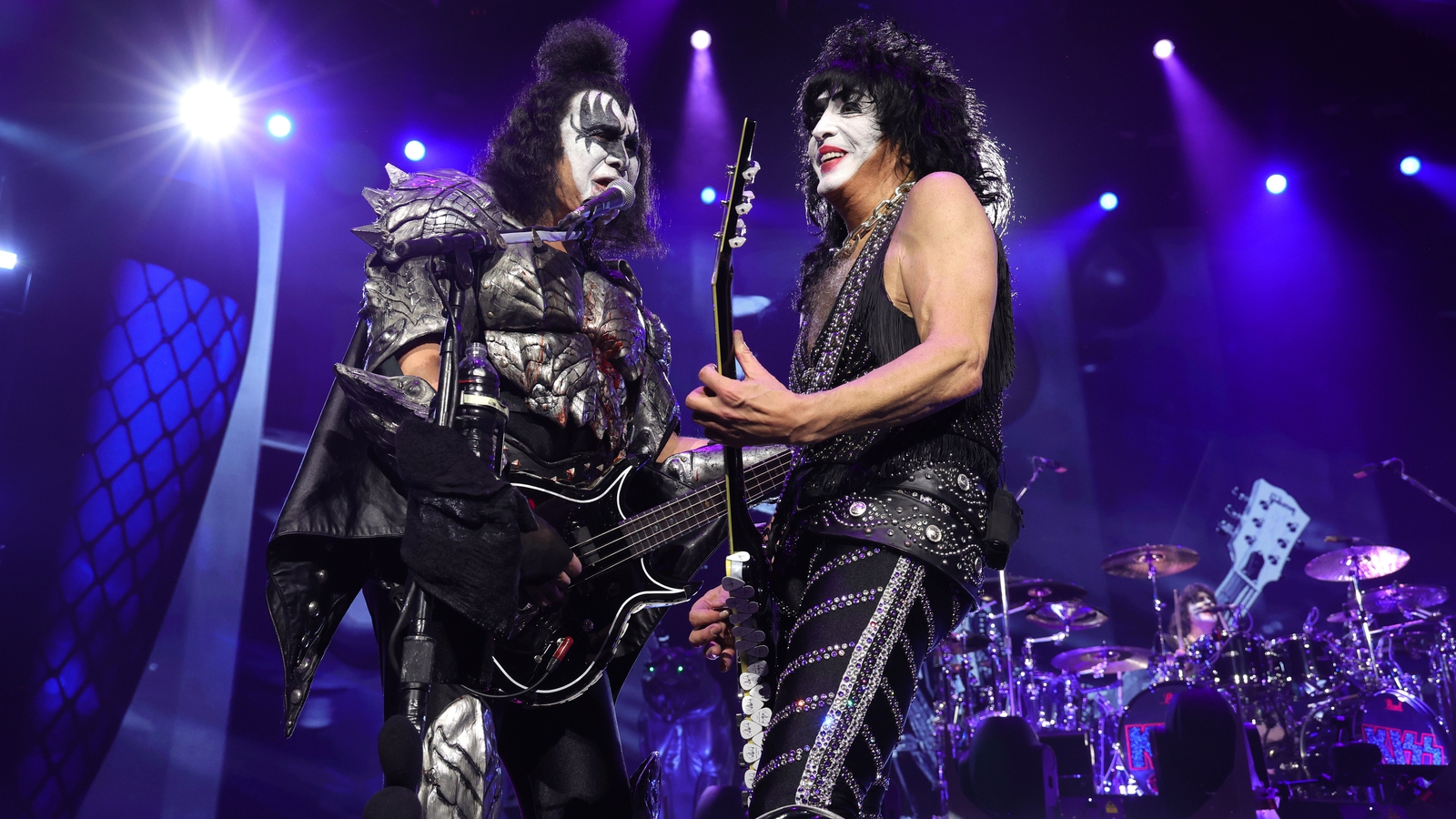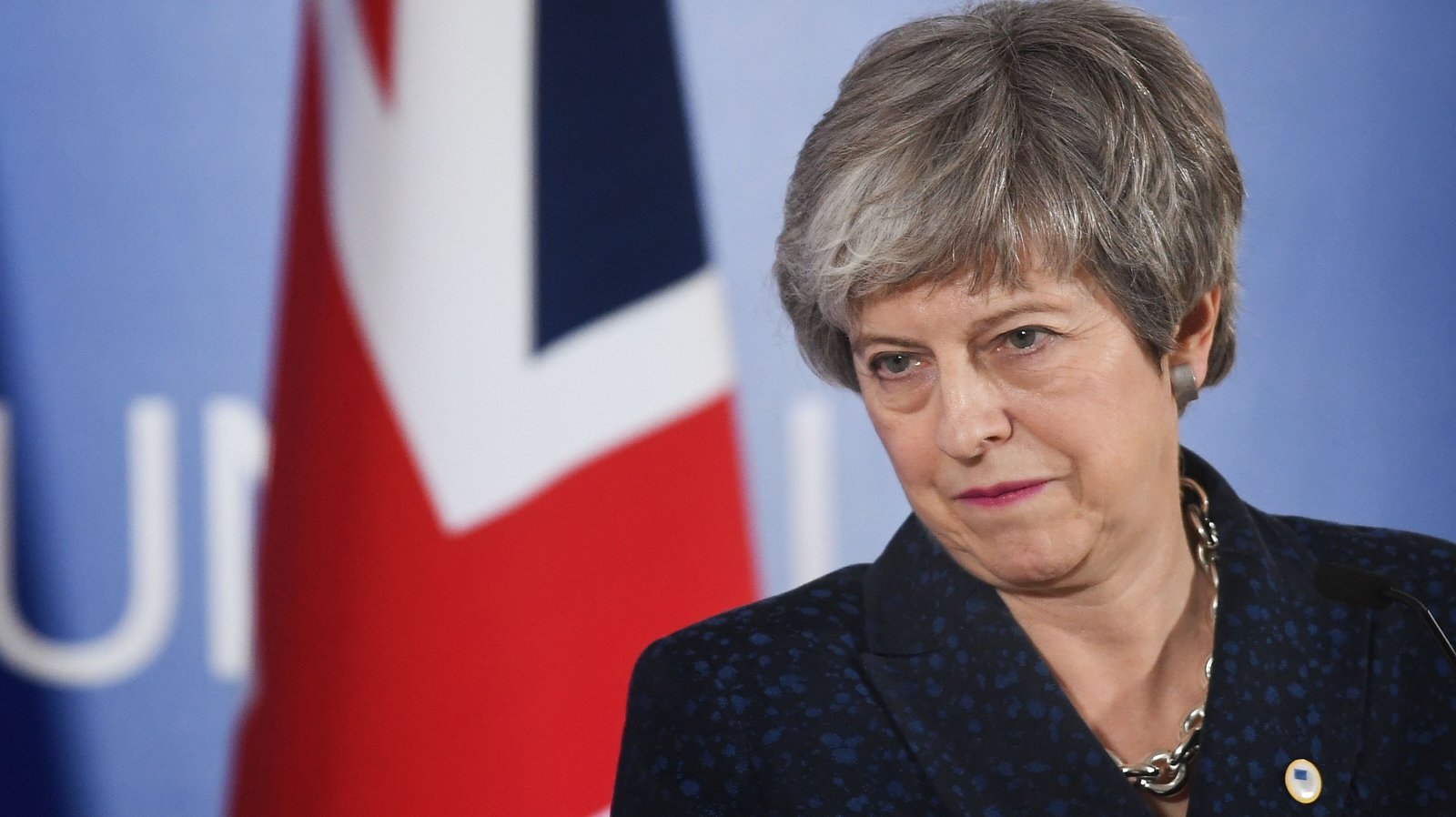Was the UK general election over before it even began?
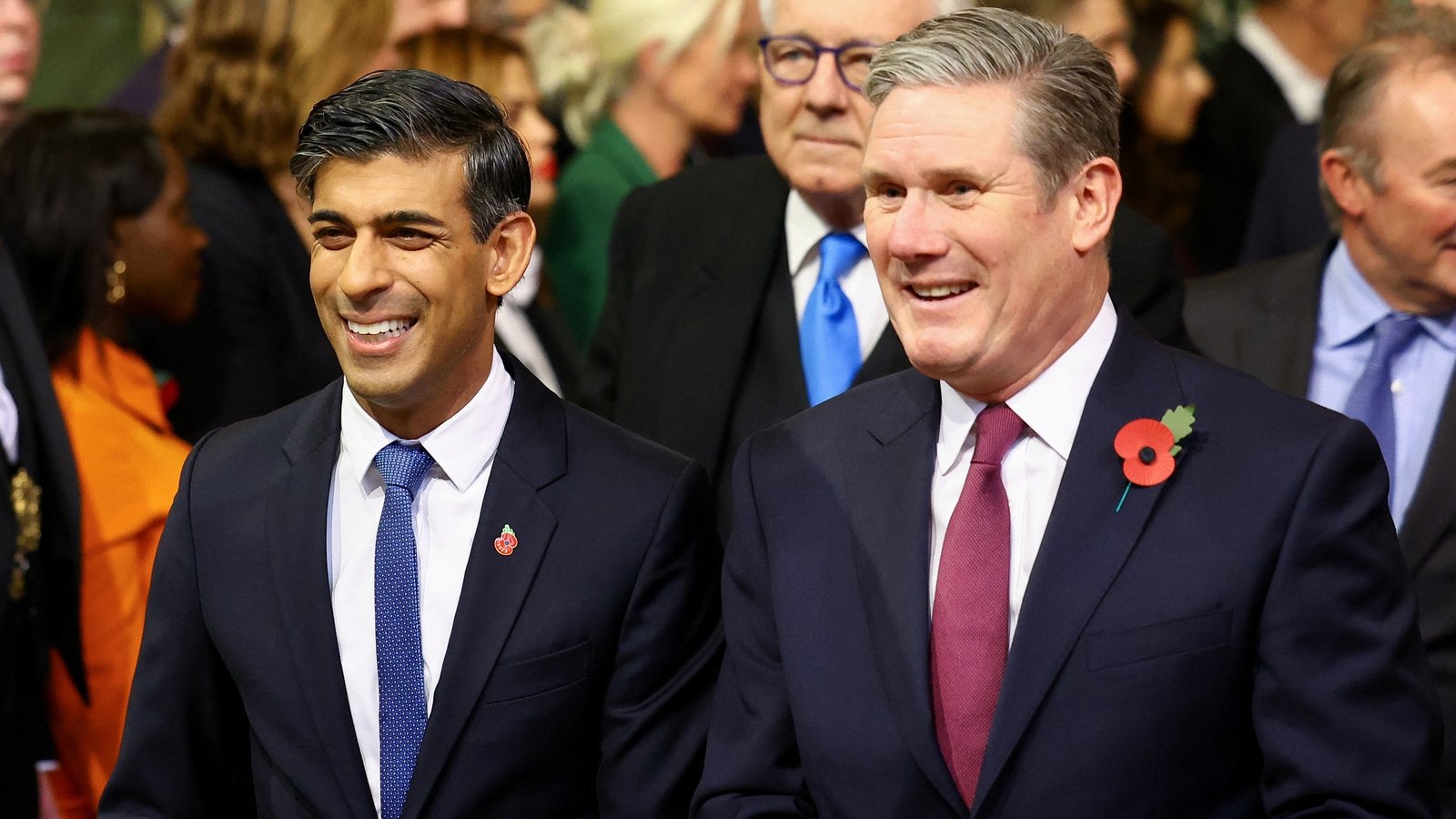
Voting is four days out in the UK general election and if the polls are to be believed, this election is over as a contest and has been pretty much since the vote was called at the end of May.
Wednesday night was the final head-to-head debate of the campaign and it was also realistically Rishi Sunak’s last chance to land any sort of blow to Keir Starmer to make a dent in Labour’s high double-digit lead.
But like the debates before it, it was a largely uneventful affair.
The Conservative Prime Minister, as expected, went on the offensive – repeatedly interrupting the Labour leader and accusing his counterpart of lying to voters about not putting up taxes if elected to government.
But a snap poll afterwards – indicating an even 50/50 split in who performed best – summed up the consensus that Mr Sunak did nowhere near enough to shift the dial among voters.
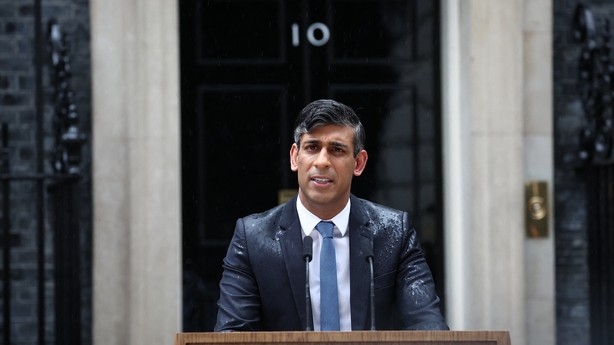
It has been a stuttering campaign from the Tories, with signs it has been poorly choreographed right from the outset.
Perhaps epitomised by the vision of a soaked Mr Sunak announcing the election outside 10 Downing Street amid the pouring rain, while Labour’s iconic 1997 campaign tune ‘Things can only get better’ blared from speakers nearby.
And it has not gotten much better since.
There was the D-Day gaffe, from which Mr Sunak drew criticism alongside a lot of negative coverage for leaving World War II commemorations in France early to return to the UK for a TV interview.
While for the past couple of weeks the Conservatives have been dealing with the ongoing fallout from the election betting scandal.
At least five members of the party are being investigated for betting on the date of the election just before it was called in May.
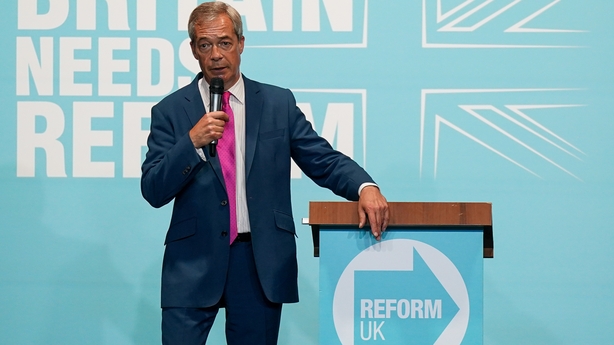
Labour is also caught up in the controversy, but to a much lesser extent – a Labour candidate bizarrely bet on himself to lose.
Mr Starmer has tried to use the situation to differentiate himself from Mr Sunak by claiming he acted much quicker to suspend his party member than the prime minister, who took more than a week to act.
Then on Thursday night, Nigel Farage’s Reform Party became the latest party to be caught up in controversy.
Some of its campaigners were filmed by an undercover Channel 4 team reportedly making anti-immigrant, homophobic and racist comments.
The Tories will have been relieved that for once they were not at the centre of a scandal, and Mr Sunak’s response to the situation actually drew some plaudits.
One of the comments recorded was a racist remark aimed at the prime minister, who repeated the derogatory term in an interview on Friday, saying he only did so “because this is too important not to call out clearly for what it is”.
Mr Sunak’s strong and reassured response left some pundits asking where this version of the Conservative leader has been for the rest of the campaign.
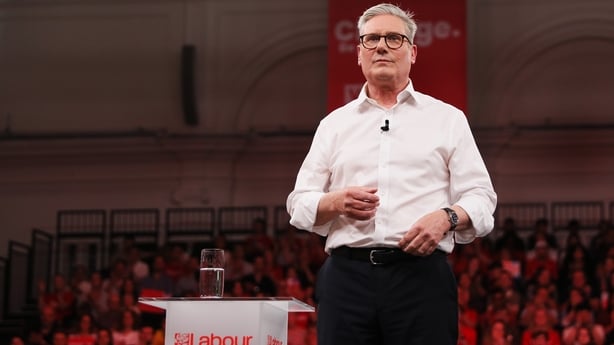
Polling for the election indicates the Conservatives are losing support on two fronts, mainly to Labour on the left, but also to Mr Farage and Reform on the right.
And the potential irony of people voting for Reform is that they may just end up splitting the vote on the right of the spectrum and hand a lot of easy seats to Labour, thereby making Mr Starmer’s path to 10 Downing Street that bit smoother.
For many now the question is not whether Labour wins a majority, but just how big that majority might be.
Fresh polling from YouGov – one of the prominent election research companies in the UK – suggests the gap is closing … slightly.
It has Labour on 37%, 17 percentage points clear of the Tories, but that gap was 21 points earlier in the campaign.
Reform is still polling well on 17% but there is a health warning with that figure as the research was conducted just before Channel 4’s undercover reporting of Reform campaigners making racist comments emerged.
Also, the party’s support is likely to be spread far too thinly across constituencies to make any huge gains in the UK’s first past the post voting system.
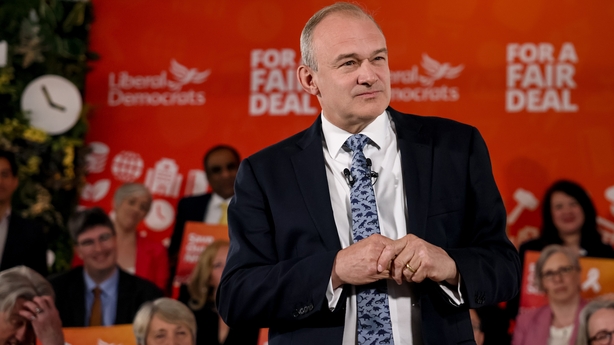
The Liberal Democrats are hovering on 13%.
Party leader Ed Davey said he is determined to spend the remaining days before the election on a 2,000km tour of the UK to shore up as much support as he can.
However, the only real threat to a big majority for Labour at this stage may well be voter apathy.
There is a consensus emerging that the British public is not that engaged and that people might not turn out to vote in big numbers.
YouGov suggests this may be because Labour supporters feel the party’s win is safe, while some Tory voters may have the view that their party is so far behind that it will not make a difference whether they vote or not.
The parties seem to be acutely aware of this.
Speaking in London this weekend, the Labour leader asked voters to give his party “a clear mandate”, warning that the Conservatives could still win “if we take our foot off the gas”.
While the Conservatives are warning of what they said are the long-term dangers of a Labour supermajority that would allow the left to govern unchecked in the UK for the next decade.
It is a glaring admission of defeat when the party’s message is to limit the scope of its rival’s win.
But in a campaign note to supporters, the Tories suggest they do not think it is all over and are pleading with their voters to turn out at polling stations next Thursday and to “keep going until the final whistle”.


